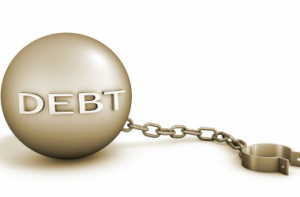 Today’s top story: Life insurance benefits you may not know about. Also in the news: The upside of waiting to take Social Security, how to have tough financial conversations, and ten ways you might sabotage your new year’s resolutions.
Today’s top story: Life insurance benefits you may not know about. Also in the news: The upside of waiting to take Social Security, how to have tough financial conversations, and ten ways you might sabotage your new year’s resolutions.
3 Life Insurance Benefits You Did Not Know About
Alternatives to using life insurance as a financial planning tool.
Getting Paid To Wait: Increase Your Social Security Benefit
Taking Social Security later could significantly increase your benefits.
How to Have Hard Financial Conversations With Those Close to You
Tackling the tough subjects.
10 Ways You Might Sabotage Your 2015 Financial Resolutions
Stay strong!
What You Should Know Before Paying Off Old Debt
When paying off old debt is the right move.






